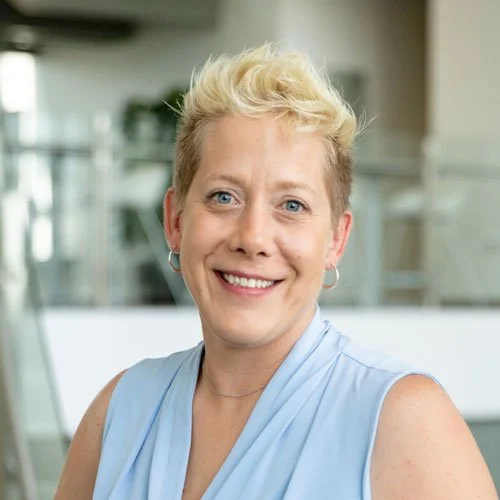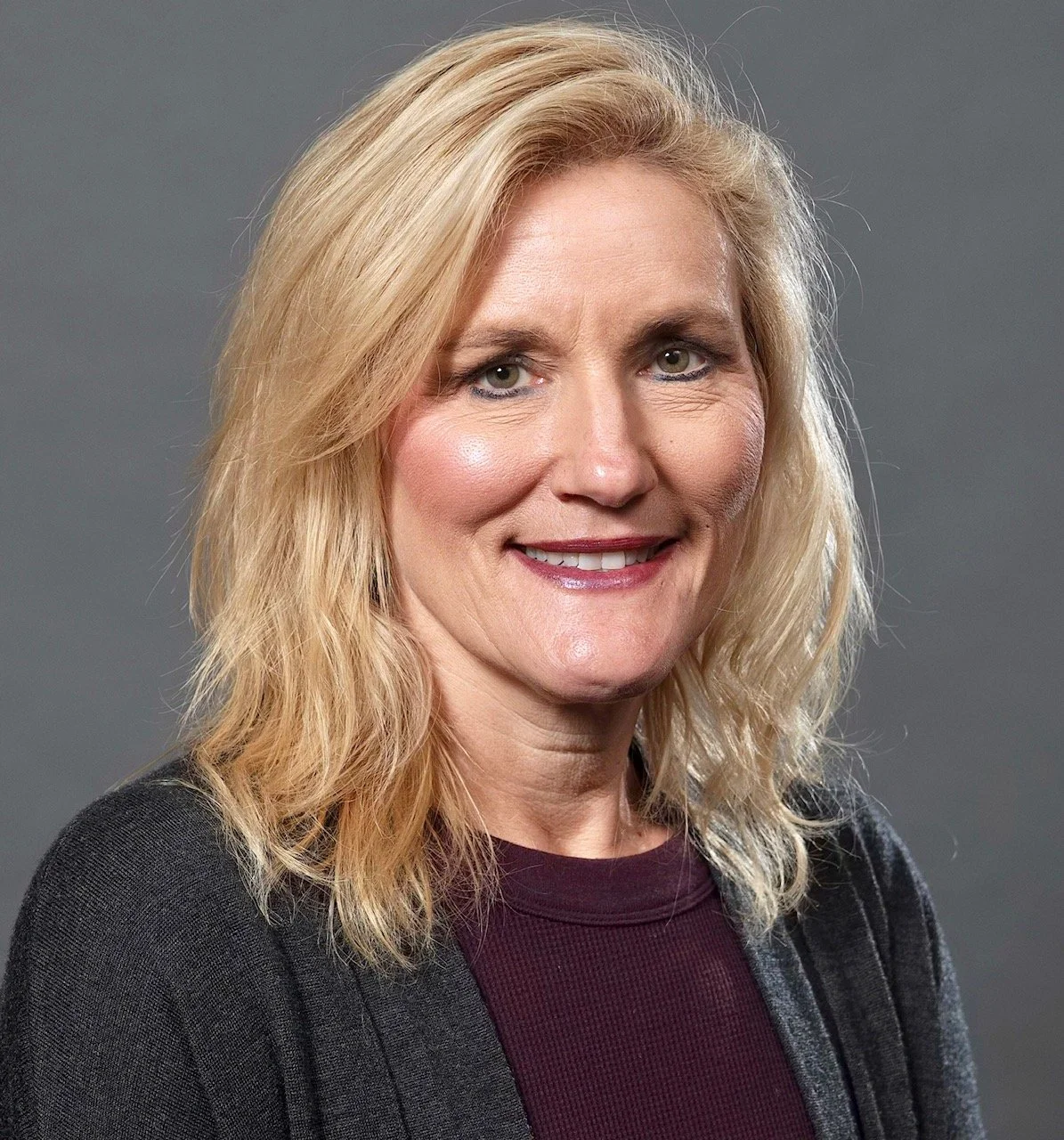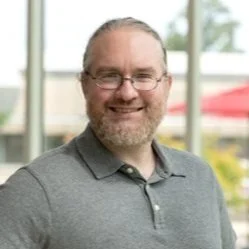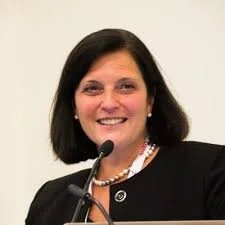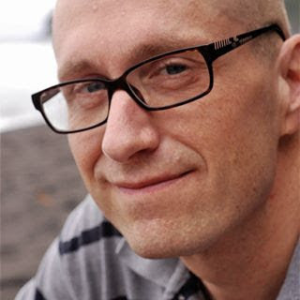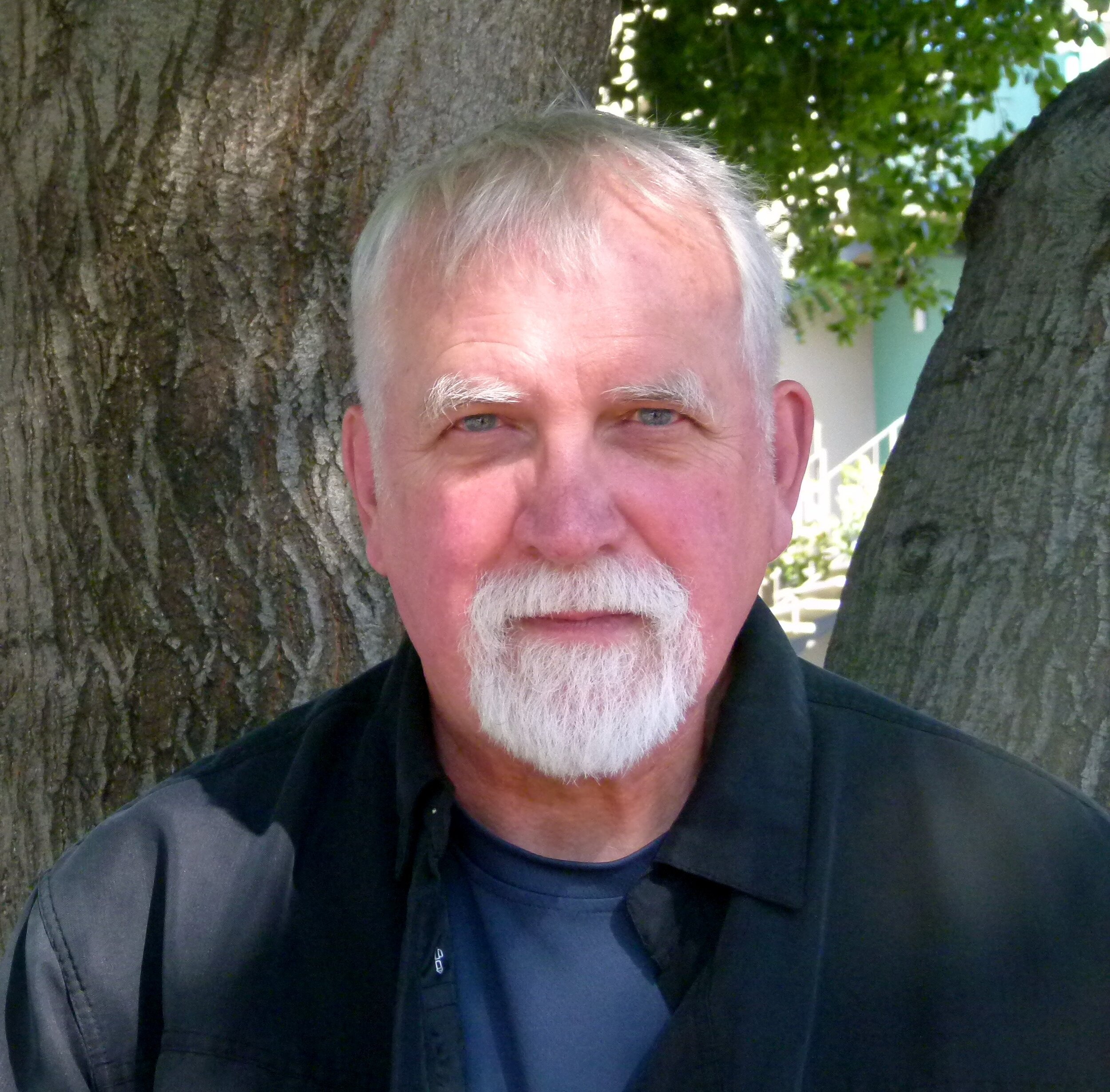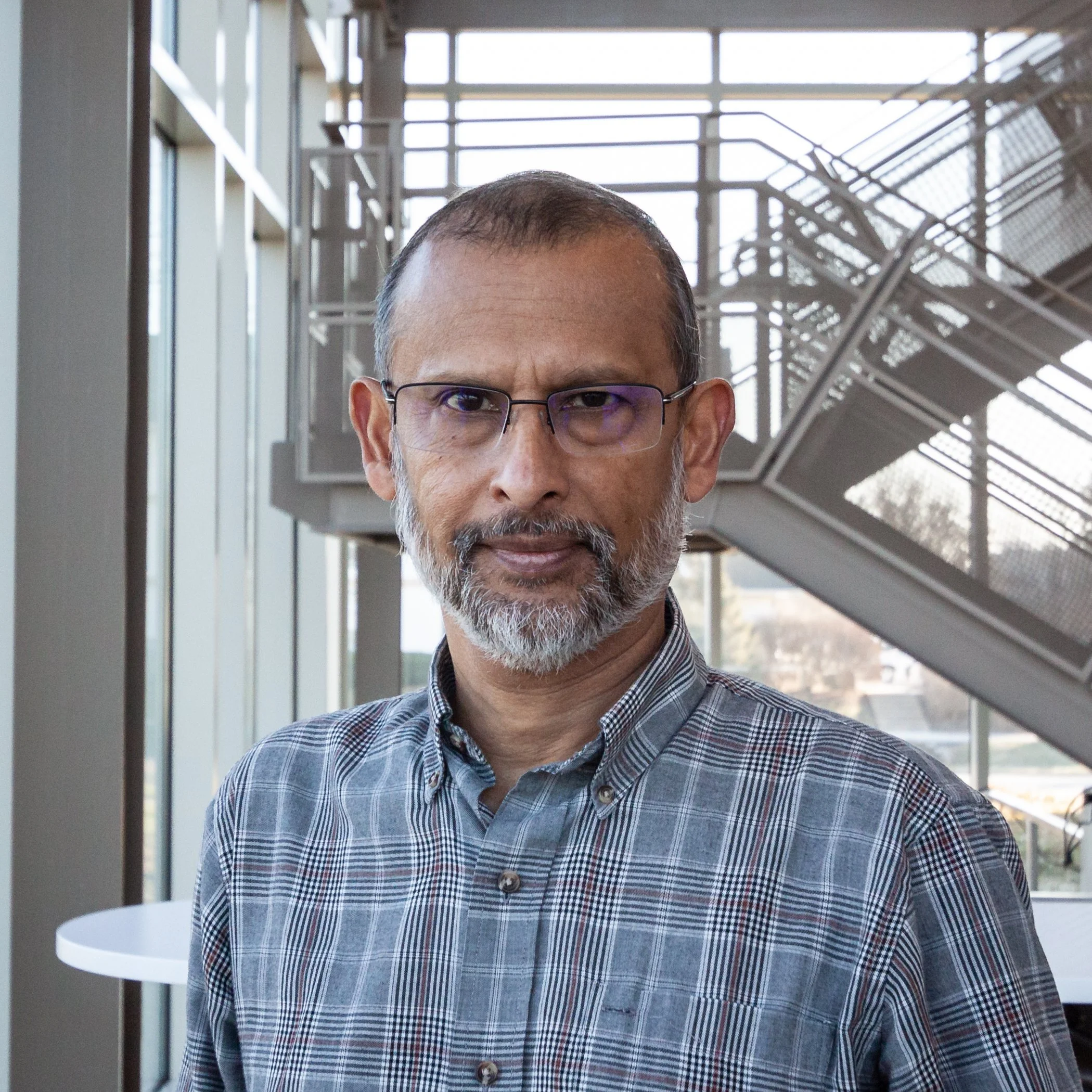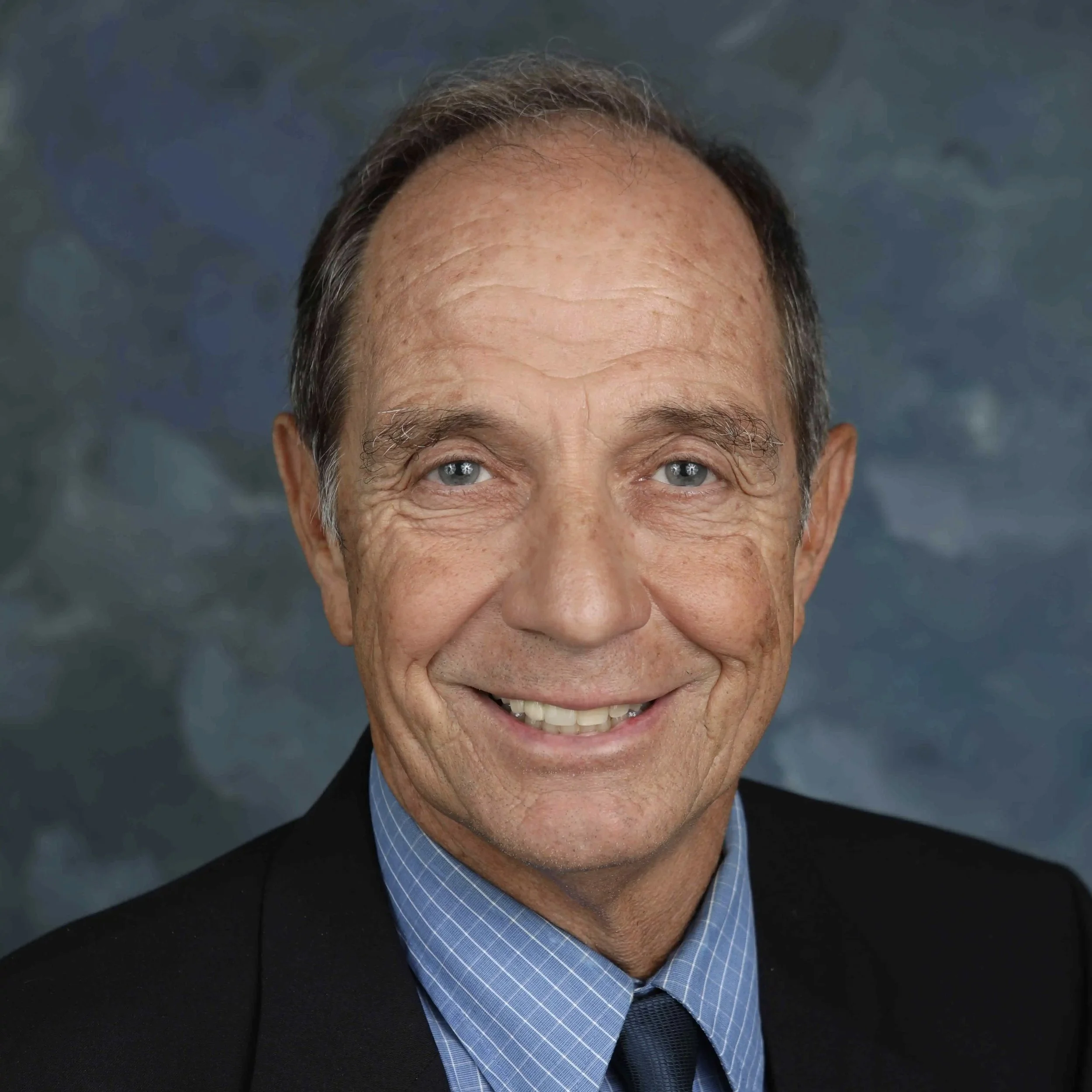Trusted CI Alumni
Thank you to Trusted CI alumni
Trusted CI, the NSF Cybersecurity Center of Excellence, has relied on expertise from its staff, multiple internationally recognized institutions, its advisory committee, and its collaboration with numerous NSF-funded research organizations to address the ongoing cybersecurity challenges for higher education and high-performance computing scientific research. We also want to thank our alumni, who made significant contributions to our mission. We wish them the best in their ongoing endeavors. (Some of our alumni have opted not to appear on a public website.)
Emily Adams
At Trusted CI from 2020-2022, Emily Adams was an author on numerous Trusted CI publications, including “The Trusted CI Framework Implementation Guide for Research Cyberinfrastructure Operators,” “Roadmap for Securing Operational Technology in NSF Scientific Research” and work leveraging the “Open Science Cyber Risk Profile.”
Currently, Adams is principal security analyst at the Indiana University Center for Applied Cybersecurity Research. Previously, she was a lead security engineer for IU’s University Information Security Office and an information assurance analyst for the Department of Defense. Adams earned a master’s degree in secure computing from Indiana University and a bachelor’s degree in sociology from Indiana University.
Tom Barton
A member of the Trusted CI Advisory Committee from 2013 to 2020, Tom Barton served on the Trusted CI Framework Advisory Board and participated in science gateway workshops for PEARC, NSF Cybersecurity Summits and the Science Gateway Community Institute.
Currently, he is the senior consultant for Cyber Security and Data Privacy at the University of Chicago. He also works with Internet2 and InCommon in the area of trust and identity research engagement.
Previously, he was the chief information security officer at the University of Chicago and had IT leadership roles at the University of Memphis, where he was a tenured member of the Mathematics faculty before turning to administration.
Dana Brunson
While serving on the Trusted CI leadership team from 2019 to 2021, Dana Brunson developed and implemented the Trusted CI Fellowship Program.
Brunson is currently the executive director for Research Engagement at Internet2 and the principal investigator for a new NSF Cyberinfrastructure Center of Excellence pilot.
Previously, she was assistant vice president for Research Cyberinfrastructure, director of the Oklahoma State University High Performance Computing Center, and co-lead of the OneOklahoma Cyberinfrastructure Initiative.
She earned her doctorate in mathematics at the University of Texas at Austin.
Debra Chapman
From 2021 to 2023, Debra Chapman led Trusted CI’s transition-to-practice (TTP) efforts from her home base at the University of South Alabama, creating a suite of TTP resources based on best practices and successes and hosting TTP workshops.
Currently, Chapman is the associate dean and director of Graduate Studies at the University of South Alabama. She also hosts the CodeLikeAQueen blog that supports women in all areas of computing. She earned a Ph.D. in instructional technology from the University of Southern Mississippi. She earned a master’s in computer and information sciences from the University of South Alabama.
Adrian Crenshaw
Adrian Crenshaw partnered with Trusted CI team members on numerous presentations and webinars. In 2022, he helped create the Federated Identity Management Cookbook, which provides “recipes” for building IdM capabilities, and he was an instructor on security log analysis during the 2022 Summit.
Crenshaw is currently a senior security analyst with OmniSOC. During more than two decades in the IT industry, he has worked in educational, corporate, and consulting environments. His primary interests are pentesting, physical security bypass, and darknet research. He earned a master’s in security informatics and a bachelor’s in computer science from Indiana University.
Randy Heiland
Randy Heiland collaborated with Trusted CI from 2013 to 2017. In 2016, he led a tutorial on Trusted CI’s Secure Software Engineering Best Practices at the Gateways conference and at the NSF Cybersecurity Summit.
Currently, Heiland is a research associate in intelligent systems engineering at the Indiana University Luddy School of Informatics, Computing, and Engineering.
He earned a Master of Arts in mathematics from Arizona State University, a Master of Science in computer science from the University of Utah, and a Bachelor of Science in computational mathematics from Eastern Illinois University.
Florence Hudson
Florence Hudson was a special advisor for Trusted CI from 2018 to 2020, leading the cybersecurity research Transition to Practice program and lending her expertise in areas such as artificial intelligence, big data and analytics, blockchain, Internet of Things, and cybersecurity. Currently, Hudson is the executive director for the Northeast Big Data Innovation Hub at Columbia University in New York. She is on the standards committee for the IEEE Engineering in Medicine and Biology Society and is a founder and CEO of FDHint, LLC.
Hudson earned executive education diplomas from Harvard Business School and Columbia Business School. She earned a Bachelor of Science in mechanical and aerospace engineering from Princeton University.
Scott Koranda
With Trusted CI from 2012 to 2014, Scott Koranda specialized in identity access management (IAM) and presented on IAM at conferences in New Orleans; Fukuoaka, Japan; Vienna, Austria; and at CERN, in Geneva, Switzerland. Koranda also provided insight on the needs of the international scientific community, stemming from his work with the Laser Interferometer Gravitational Wave Observatory, one of Trusted CI’s initial six projects. Currently, Koranda is a senior research scientist for the National Center for Supercomputing Applications at the University of Illinois at Urbana-Champaign and a partner at Spherical Cow Group.
Koranda earned a Ph.D., Master of Science and Bachelor of Arts in physics from the University of Wisconsin-Milwaukee.
Jim Marsteller
Jim Marsteller was part of the founding team of Trusted CI. His contributions centered on cyberinfrastructure security for NSF large facilities and operational security. He served as co-PI until he took a position as assistant director of Security and Compliance at Penn State University in September of 2019. Prior to that, he served as the program chair for the NSF Cybersecurity Summit, and he was the chief information security officer for the Pittsburgh Supercomputing Center.
Marsteller earned a Master of Science in information technology management from Carnegie Mellon and a degree in computing information systems from LaRoche University.
Bob Cowles
With Trusted CI from 2015 to 2021, Bob Cowles was co-architect, co-developer, and co-author of the Trusted CI Cybersecurity Framework and was an author on the NSF Large Facility Manual. He also was involved in several engagements, including Gemini Observatory and the U.S. Antarctic Program.
As principal at BrightLite Information Security, Cowles performs cybersecurity assessments and consults in research and education about information security and identity management.
Cowles earned a Master of Science in computer science from Cornell University and a Bachelor of Science in physics from the University of Kansas.
Nicholas J. Multari
Nick Multari was a member of the Trusted CI Advisory Committee from 2013 to 2020. He served on the Trusted CI Framework Advisory Board and participated in high-powered computing workshops for the NSF Cybersecurity Summit.
Currently, Multari is the senior technical advisor for research in cybersecurity at the Pacific Northwest National Lab. Previously, he was the cyber technology manager at Boeing Research and Technology, and he served as a consultant to the U.S. Air Force Scientific Advisory Board. Multari spent 20 years as a computer scientist in the Air Force retiring as a Lt. Col.
Multari earned a doctorate in computer science from the University of Texas at Austin, a master’s degree in computing and information science from Trinity University, Texas, and a bachelor’s degree in mathematics from Manhattan College.
Anurag Shankar
From 2018 to 2023, Anurag Shankar participated in numerous Trusted CI webinars and summits. Most recently, in 2023, he co-hosted a webinar, SecureMyResearch at Indiana University: Effective Cybersecurity for Research.
Shankar is currently a senior security analyst at Indiana University’s Center for Applied Cybersecurity Research with a focus on regulatory compliance and cybersecurity risk management. He earned a Ph.D. in computational astrophysics from the University of Illinois and a master’s in physics from West Virginia University.
Amy Starzynski Coddens
With Trusted CI from 2015 to 2017, Amy Starzynski Coddens worked on the student program and contributed her education expertise to the NSF Cybersecurity Summit and grant proposals.
Starzynski Coddens is currently a manager of Strategic Partnerships at REN-ISAC. Among previous positions in government, industry, and academia, she worked for Indiana University’s Center for Applied Cybersecurity Research.
She earned two Master of Education degrees from Indiana University, one in special education and the other in curriculum and instruction. She earned a bachelor’s in public health from Indiana University.
Alec Yasinsac
From 2021 to 2023, Dr. Alec Yasinsac led Trusted CI’s transition-to-practice (TTP) efforts, hosting free TTP workshops for researchers and industry professionals, and creating a suite of TTP resources.
Yasinsac retired as professor of computer science and dean of the School of Computing at the University of South Alabama. Previously, he was an associate professor of computer science at Florida State University. He retired as a U.S. Marine in 1999. He earned a Ph.D. in computer science from the University of Virginia and a master’s in computer science from Naval Postgraduate School.

